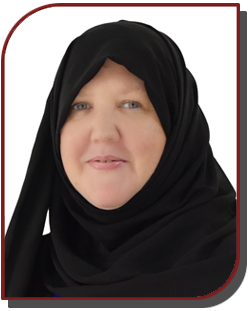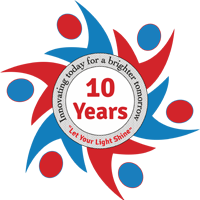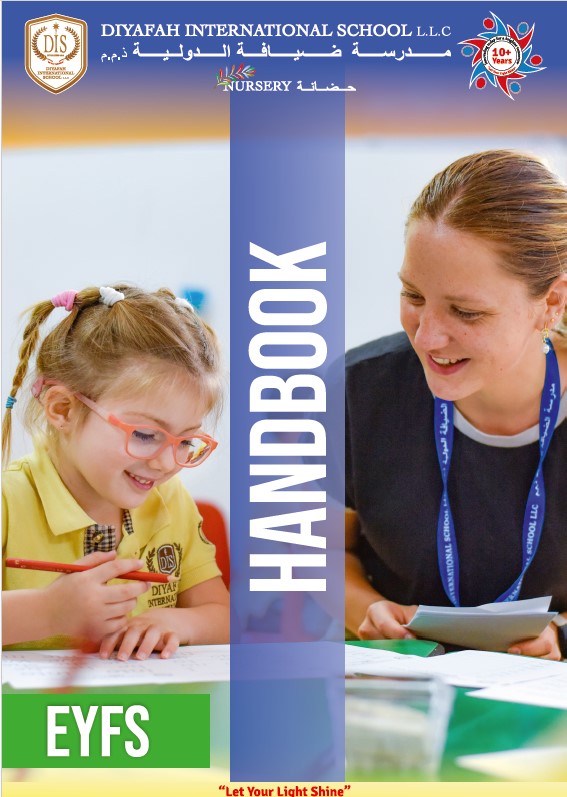British education has achieved a reputation for quality and is recognised and respected around the world. One of the huge benefits is how transferable it is – students can move seamlessly from country to country or move back to the UK while studying the National Curriculum of England.
Why British Curriculum?
No matter where in the world your child is studying, the British curriculum adopted by Diyafah International School, has been developed to promote independent critical thinking, analytical problem solving and embrace creativity rather than teaching them to retain facts.
The curriculum is structured in such a way as to cater to all the varying needs of students, be it by challenging brighter students or supporting others with an extensive array of teaching and learning methodology.
One of the hallmarks of the U.K. system is the focus on developing a child’s entire personality, not just academic merit. Children are nurtured to expand their potential by exploring the world around, taking responsibility for themselves, forming opinions, interpersonal relationships, and developing their bodies via sports and physical education.
A variety of assessment methods are used to grade students while still encouraging independent thought as well as mastery of a particular subject itself. Incorporated as part of the programme is the extensive range of extracurricular activities available within the British education system (dependent on the school selected, of course).
The structure of the English National Curriculum readily equips children with the talents required to handle uncertain futures, where they have to adapt quickly, be responsive to demands that haven’t been defined yet, utilising tools and technology that might be unheard of at this present moment.
Nursery (Ages 3 – 4)

Joanne Bounedjar
EYFS Coordinator
Nursery/Foundation Stage 1 - Curriculum Guidelines
Foundation stage is focused on learning through play and is a time of rapid growth, when children are developing physically, intellectually and socially. The DIS Early Years department is fully equipped digitally and resourced to provide everything necessary for the holistic development of children. It has a wonderful role-play area, personalised outside play area, gymnasium and its own Library.
Subjects Offered
Learning is FS1 is kept fun as curriculum objectives are achieved through purposeful play. The prime areas of learning in FS1 are:
- Communication and language
- Physical development
- Personal, social and emotional development
- Literacy
- Mathematics
- Understanding the world
- Expressive arts and design
Assessments
Children are formatively assessed, and their daily/weekly progress is shared with Parents through the ‘Tapestry’ information platform. Termly reports are provided to parents as well as Parent/Teacher conferences, with information on their child’s development in all areas of learning in Early Years.
Personalised enrichment programme
Children have an opportunity to participate in a Personal Enrichment Programme (co-curricular activities) which the school provides, offering a wide range of different activities, to develop skills and have fun at the same time.

